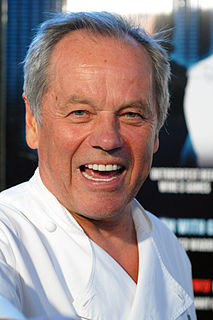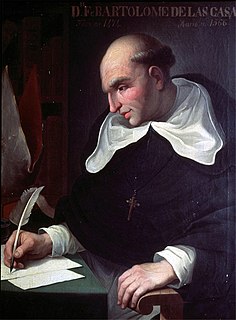A Quote by Philip Sidney
Much more may a judge overweigh himself in cruelty than in clemency.
Related Quotes
Cruelty, very far from being a vice, is the first sentiment Nature injects in us all. The infant breaks his toy, bites his nurse's breast, strangles his canary long before he is able to reason; cruelty is stamped in animals, in whom, as I think I have said, Nature's laws are more emphatically to be read than in ourselves; cruelty exists amongst savages, so much nearer to Nature than civilized men are; absurd then to maintain cruelty is a consequence of depravity. . . . Cruelty is simply the energy in a man civilization has not yet altogether corrupted: therefore it is a virtue, not a vice.
We are in the society of the teacher-judge, the doctor-judge, the educator-judge, the 'social-worker'-judge; it is on them that the universal reign of the normative is based; and each individual, wherever he may find himself, subjects to it his body, his gestures, his behavior, his aptitudes, his achievements.
The reader may ask himself if this is not cruelty and injustice of a kind so terrible that it beggars the imagination, and whether these poor people would not fare far better if they were entrusted to the devils in Hell than they do at the hands of the devils of the New World who masquerade as Christians.





































